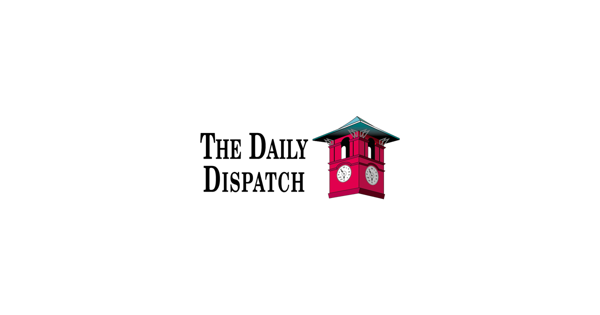North Carolina’s legislative landscape remains keenly watched as the state’s General Assembly grapples with a series of significant political maneuvers, specifically focusing on the fate of previously vetoed bills. This dynamic interplay between the executive and legislative branches sets the stage for crucial decisions that will shape the state’s governance and policy direction in the coming weeks.
Central to this legislative session are six key vetoed bills, which remain eligible for an override vote by the General Assembly. These pivotal pieces of legislation are strategically placed on the August 26 calendar of the North Carolina House of Representatives, underscoring the ongoing tension and strategic positioning between lawmakers and the Governor’s office regarding state government priorities.
Adding to the complexity, the legislature engaged in a brief but impactful period of activity this week before recessing from Raleigh. This short legislative burst saw one significant proposal reach the desk of first-term Democratic Governor Josh Stein on Thursday, with two additional proposals slated for his consideration on Friday, highlighting a rapid legislative pace.
Upon receiving these new legislative proposals, Governor Stein enters a critical 10-day window during which he must decide their fate. His options include signing the bill into law, issuing a gubernatorial veto, or allowing it to become law without his signature, a common procedural pathway. The day of presentation to his office is formally designated as Day 0 for this executive review period.
Among the newly arriving proposals, Senate Bill 55, titled “Expedited Removal of Unauthorized Persons,” stands out. This particular bill mirrors much of the intent and content of a previously vetoed proposal, House Bill 96, which bore the same name. The primary distinction noted is a specific instruction regarding pet shops, suggesting a refined approach to an earlier legislative attempt.
The reintroduction and potential progression of such bills, particularly those that parallel previously vetoed legislation, underscore persistent legislative objectives. These legislative efforts reflect broader political ideologies and policy aspirations within the General Assembly, demonstrating a concerted push to enact specific legal frameworks despite prior executive resistance.
The continued calendaring of vetoed bills for potential override, combined with the swift presentation of new, similar legislation, indicates a determined legislative agenda. This ongoing strategic pressure from the General Assembly could lead to significant shifts in state policy, particularly in areas where legislative and executive priorities diverge, shaping the future of North Carolina’s political landscape.
The upcoming decisions by Governor Stein regarding these proposals, alongside the impending votes on the vetoed bills, will be closely watched by constituents and political observers alike. These actions are not merely procedural; they represent critical junctures in the balance of power within North Carolina’s political framework and will likely have lasting impacts on the state’s residents and its operational policies.






Leave a Reply